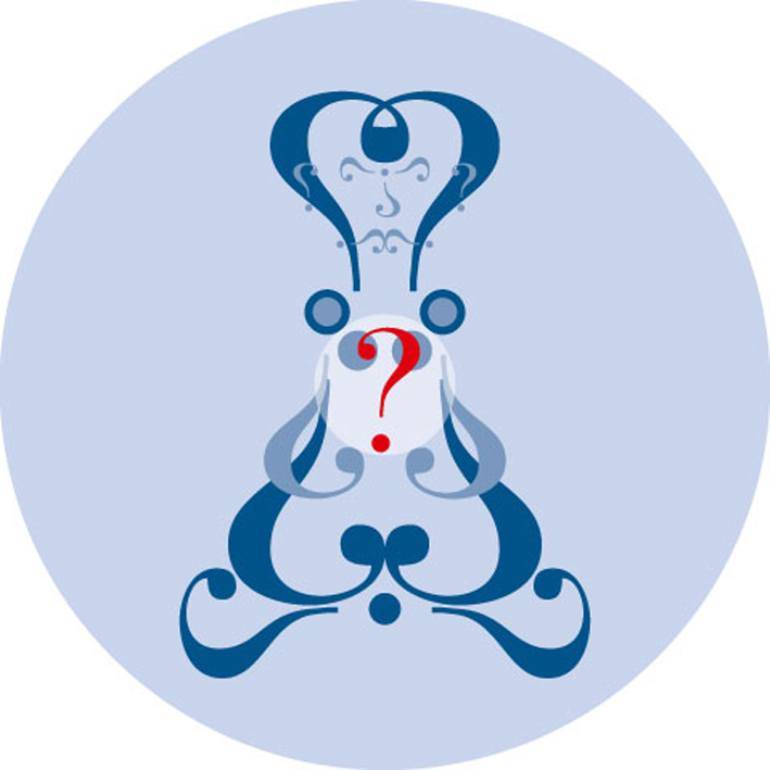“The only thing we require to be good philosophers is the faculty of wonder,” says a ‘mysterious philosopher’ in Sophie’s World (a novel based on philosophy). And, I believe the faculty of wonder is not only required to be good philosophers but also good human beings. In fact, human beings have this faculty by birth. But, unfortunately, it has proved to be inversely proportional to the age – as we get older we tend to reduce wondering. In fact, we trade it with the learnings that we acquire from our society or the ones that society inculcates in us. In most of the cases this is an unprofitable trade; nevertheless, we never realize this fact and stick to the learnings that are not our own and are fed to us in a readymade manner.
One of the institutions that inculcate in us the ‘learnings’ is educational institutions. The irony is that the educational institutions make us learn by exterminating our curiosity to learn. Particularly, in Pakistani society, the schools, colleges and universities are mostly equipped for the same purpose.There are many factors in curricula, teaching methodology, and quality of teaching that prove to be hindrances in the way to nourishment of faculty of wonder. The philosophical tendencies are discouraged and the capacity to cram the courses is encouraged. No wonder that the outcome of such an educational atmosphere is a low-quality higher education and a narrow-minded approach among most of our highly-qualified students.
The need of the time is to introduce basic philosophy course within the curricula; particularly in high schools and colleges. This can help students invigorate their faculty of wonder and at the same time support them in developing a broad-minded approach as they will come across different schools of thought and different ways of looking at the universe and at themselves. It can also support them in their university life wherein they would be required to have an outlook based on research and thorough analysis. In addition, it can have a role in the formation of a general outlook about life and undermine the possibilities of relating the different phenomena in it to different superstitions and narrow-minded beliefs.
The basic philosophy course would play a significant part in developing tolerance for others and their opinions. Only a short history of philosophy would reveal for us myriads of thoughts and frameworks to look at human existence, the society and the universe as a whole. One of the reasons that our people are not able to tolerate others is the fact that they have never come across different thoughts; therefore, accepting others is really tough for them. Philosophy course would broaden the horizons of their thinking. A questioning attitude is the primary requirement in philosophy, which would not only support them in questioning different thoughts and ideas but also accept that others have the right to do so as well.
Recently, there have been some debates in media about developing a counter-narrative to religious extremism in Pakistan. Though my discussion here is not to discuss the ways to do it, I believe that a philosophical approach spread through the educational institutions, can prove to be a strong contender against extremist religious beliefs and can support in development of a narrative based on broad-mindedness. Educated youth holding the torch of enlightenment and permissiveness can help us pass through the dark corridors of radicalism and bigotry. However, that requires educational institutions that must ensure that such students are nourished through an environment which promulgates discovery, research and philosophical attitude. On the other hand, if the educational institutions become the epicenter of extremism, which seems to be the trend recently, thinking of a counter-narrative to religious extremism would be nothing more than a woolgathering.






